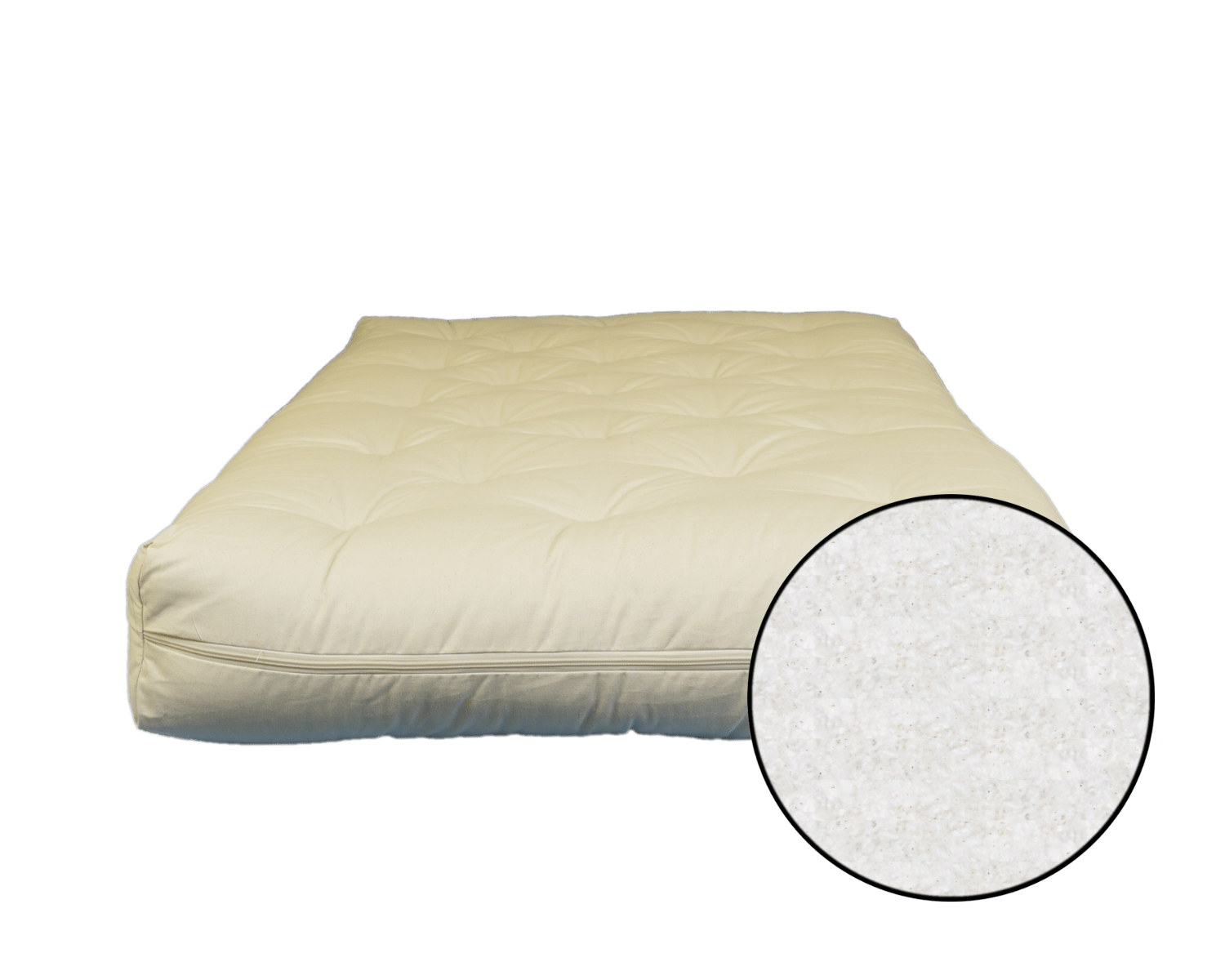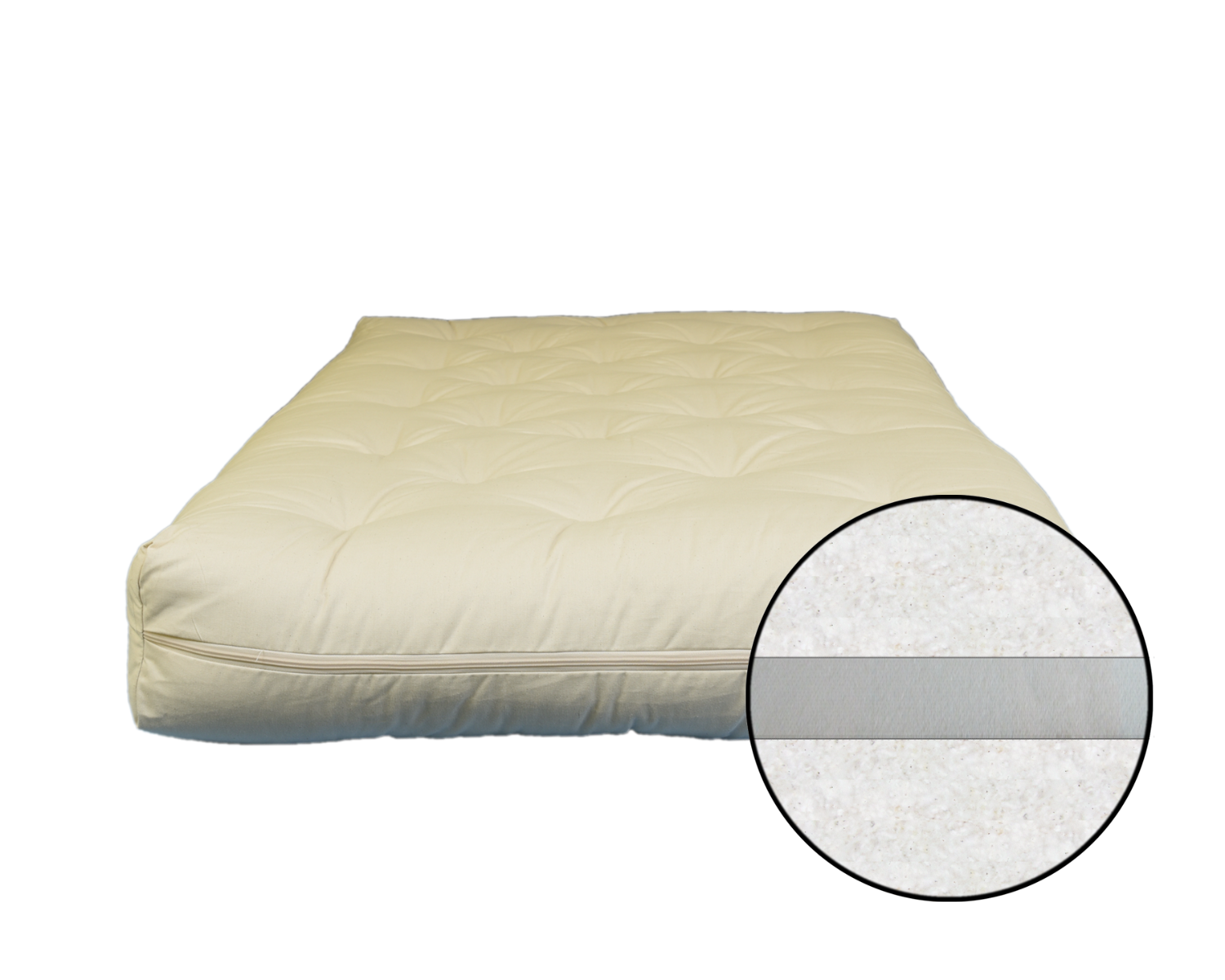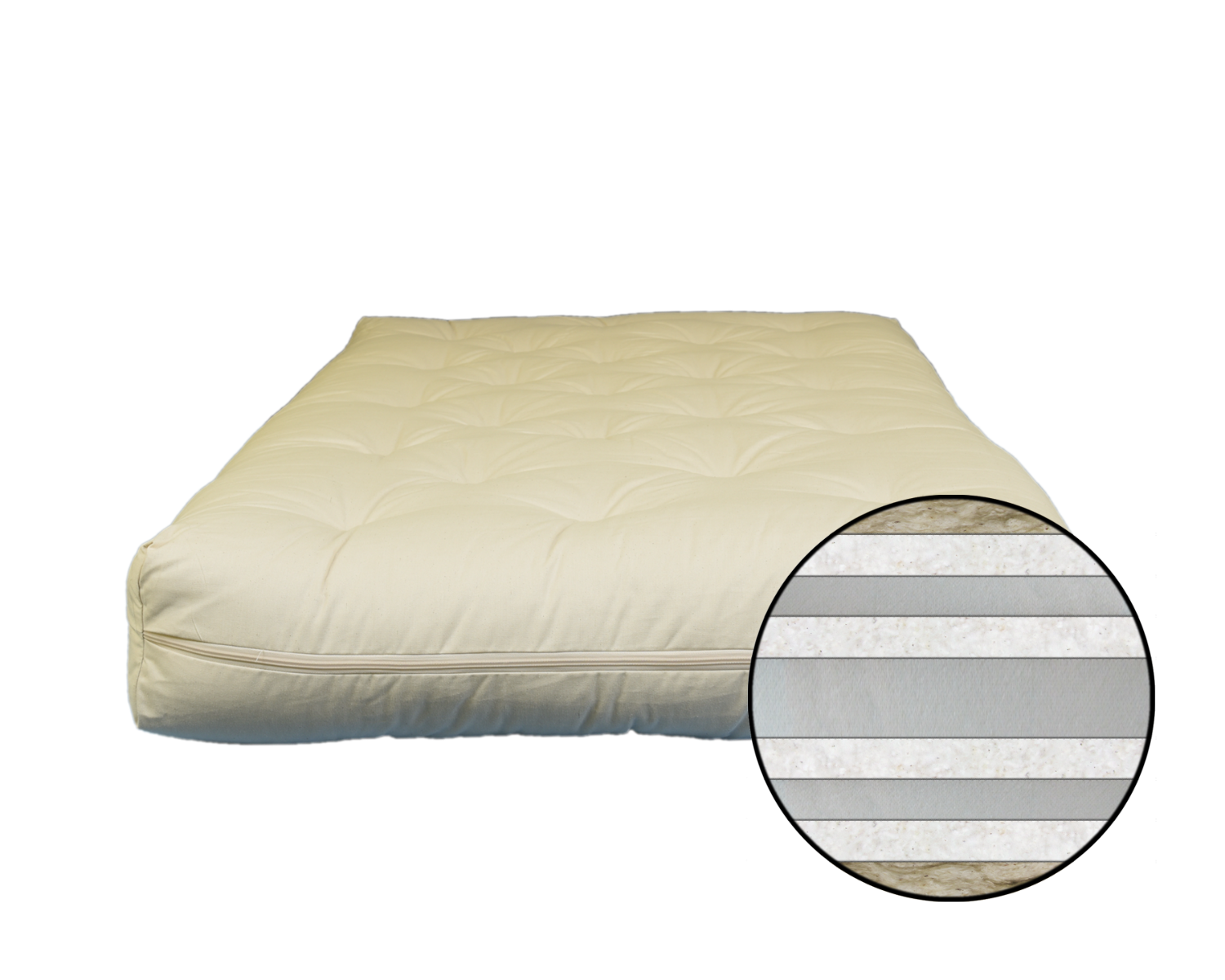With an increasing number of customers shifting their emotions for eco-friendly products, certified organic mattresses are cutting corners all over.
These mattresses bespeak variety, even though you are fond of innerspring models, which are of course a more traditional choice.
In time, they have adapted to use a mix of wool and organic cotton, with specially designed steel coils that are free from toxic chemicals.
While all these are delightful variations, when it comes to buying certified organic mattresses, you will still need to consider a few things.
Understanding The Certifications
The challenge that one faces while buying eco-friendly products is how the majority of manufacturers resort to using labels like “Green” and “100 % Natural”. It is grossly misleading as seldom do manufacturers reveal info regarding what makes their products either green or natural.
The same is the case with buying certified organic mattresses. Since there are no pre-fixed standards to determine the eco-friendliness of a mattress., your safest bet is understanding various kinds of certifications they carry. Ideally, you should be choosing a product that bears anyone out of the following certifications:
- Organic Wool – Organically sourced from sheep raised on a farm, and it is essentially cruelty-free wool devoid of any synthetic chemicals.
- Natural Latex – It refers to organic latex extracted from rubber trees in a plantation that qualifies the GOLS standard, and is further certified by the Control Union. All certified organic mattresses use more than ninety percent of organic ingredients to stand out in the market.
- Organic Cotton – Cotton that is grown without using synthetic chemicals, and also does not experience any kind of genetic modification.
Watch Out For The VOCs
Volatile Organic Compounds (VOCs) are generally released into the air as gases, both form a slew of solid as well as liquid materials.
Reportedly, the presence of several chemicals in one mix is what makes Vocs detrimental to your health.
In the past, there have been cases of skin irritation and respiratory problems in people exposed to VOCs. At times, you might mistake a conventional mattress to be an organic one.
However, one should remember that a conventional mattress uses materials like nylon, polyurethane foam, and petroleum-based polyester, which can readily emit VOCs.
Hence, always refer to product labels, and run an online check on the company’s website, if possible.
Investing Other Ingredients
While you are on track with checking VOCs, you will need to additionally figure out if the product uses other harmful chemicals like synthetic latex, formaldehyde, antimony, and boric acid.
Most of the time, it can be a tad bit difficult to check on the ingredients that go into making a mattress. More so, dealers can be reluctant to reveal all information. Hence, your best source is to check the same with the manufacturing company.
It is recommended that you invest some quality time in knowing all that you can about certified organic mattresses, and how they differ from other kinds.
Check for product reviews from bedding choice experts who generally go into discussing the layers of a mattress.
Alternately, reach out to other manufacturers of similar products and gather intel regarding their sourcing. Manufacturers of good repute should never hide info on components that they use and will be happy to explain how they source raw materials for their product line.
Trial Sleep Period And Warranty
Buying certified organic mattresses is a lot different from apparel shopping.
There is no instant trial available, and your initial reactions impacting your purchase decision might change later on.
Hence, it’s a wise call to buy mattresses from those companies that promise fifteen to thirty days of trial, and also comes with a warranty.
The warranty period generally ranges from ten to fifteen years, and the sleep period guarantees a free replacement or refund if you aren’t satisfied with your sleep experience.
Safety and Comfort
Certified organic mattresses that are industry tested are seemingly one of the best options to buy. They use chemicals that are non-toxic and exhibit low EMF risk from the coils underneath. It is recommended that you use ready-to-wash mattress covers to help reduce the mite build-up from time to time.
Also, if you have kids in the house who like to hop, skip, and jump on the bed, your organic mattress will need to render optimum support to withstand everything.
Some certified organic mattresses can be unusually soft as they use memory foam. Developed by NASA to help space explorers balance and counteract the gravitational force, memory foams have been transformed into decent bed mattresses across the international market.
Nevertheless, owing to their ability to extend support to your body framework, some may find it too soft to use.
Moreover, some memory foam-based products are known to use light to moderate chemicals that can be a problem for people prone to allergies.
Wrap up
So, there you go with a handful of tips to follow while buying certified organic mattresses. All it takes is a good amount of research, reaching out to product experts for help, and gaining knowledge of things before you shell out the money.
Now that you have everything that you need to do, it’s time to bring home the mattress of your choice.








